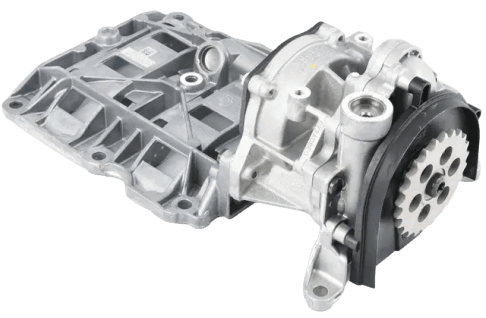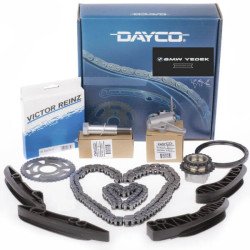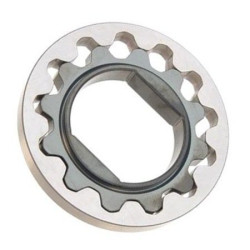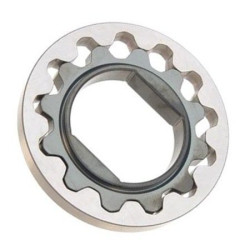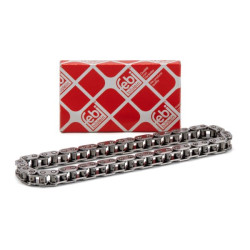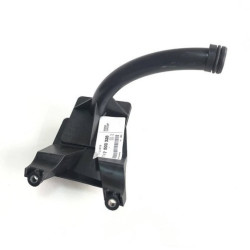BMW Oil Pump
BMW Oil Pump; It is a part that takes oil from the sump and sends it under pressure to the oil channels and other moving parts in vehicles.
BMW Oil Pump: Features and Historical Development
The oil pump is a critical component of an internal combustion engine and ensures the distribution of engine oil to different areas of the engine. The oil pump is essential for proper lubrication of engine components and efficient engine operation. The oil pumps used in BMW vehicles are designed to offer high performance and durability. In this article, we will examine what a BMW oil pump is, its features, and its historical development.
Features of the Oil Pump
BMW oil pumps are specially designed and manufactured to ensure efficient engine operation and longevity. Here are some key features of BMW oil pumps:
1. High Performance and Efficiency: BMW oil pumps operate with high performance to ensure that all components of the engine are adequately lubricated. This prevents wear and tear on the engine.
2. Durability and Reliability: BMW oil pumps are made from high-quality materials. This ensures that the oil pumps are long-lasting and provide reliable performance even under challenging working conditions.
3. Precise Oil Distribution: BMW oil pumps ensure that oil is distributed evenly and precisely to different areas of the engine. This ensures efficient engine operation and longevity of components.
4. Heat Resistance: BMW oil pumps are designed to withstand high temperatures. This prevents the engine from overheating and maintains the viscosity of the oil.
5. Easy Maintenance and Replacement: BMW oil pumps are designed to facilitate maintenance and replacement processes. Access points and modular structures allow for quick and easy replacement of the oil pump.
Historical Development
The historical development of BMW oil pumps has continuously undergone innovations and improvements with advancements in automotive engineering. Here are some key points regarding the historical development of oil pumps:
1. Early Periods (1900s): The oil pumps used in early engines typically consisted of simple gear or piston pump systems. These systems operated at low pressure and flow and were sufficient to ensure adequate lubrication of the engine.
2. Mid Period (1950s-1970s): During this period, significant improvements were made in the design and efficiency of oil pumps. More complex pump systems that provided higher pressure and flow began to be used.
3. Modern Period (1980s-Present): Today, BMW oil pumps are produced using advanced engineering techniques and high-quality materials. Computer-aided design (CAD) and manufacturing (CAM) technologies allow for more precise and efficient production of oil pumps. Additionally, modern oil pumps are equipped with systems that are electronically controlled by the engine control unit (ECU).
4. High-Performance Applications (2000s and Beyond): In modern high-performance BMW engines, oil pumps have even more advanced features. Variable speed controlled and adaptive oil pumps are optimized according to the needs of the engine and provide higher efficiency.
Conclusion
BMW oil pumps are critical components that ensure the efficient and durable operation of the engine. Historically, oil pumps have continuously undergone innovations and improvements, which ensures that BMW engines deliver superior performance. Manufactured with high-quality materials and advanced production techniques, BMW oil pumps ensure the smooth and long-lasting operation of the engine. The historical development of oil pumps reflects advancements in automotive engineering, ensuring that each new generation of BMW engines is more efficient and durable.
 Türkçe
Türkçe
 English
English
 Русский
Русский

